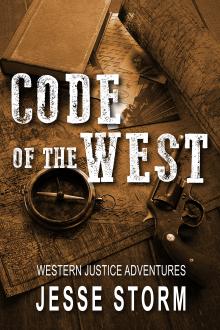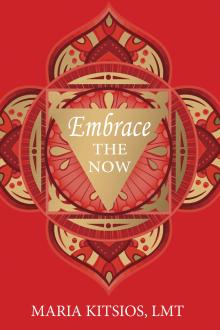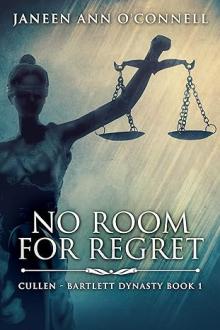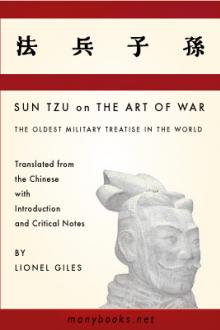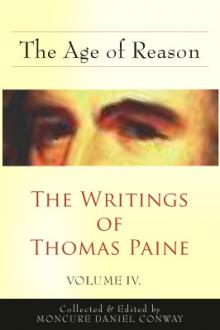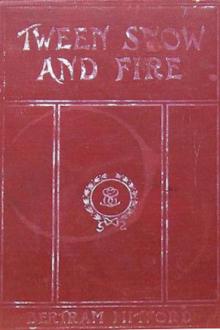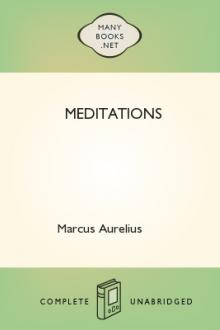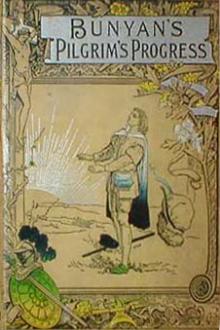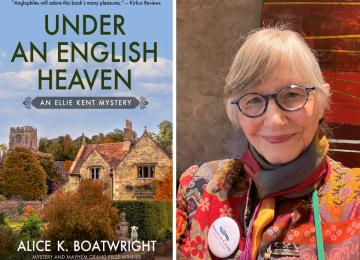The Allied Countries and the Jews
The Allied Countries and the Jews
Originally delivered as a series of addresses by Rabbi Enelow, this is a compilation of his views on the relations between jews and several European countries at the time.
Book Excerpt
after a period of comparative security and happiness, with the attack upon the Jews of London and the provinces, at the time of the Coronation of Richard I, because the archbishop took umbrage at the temerity of some Jewish delegates to the ceremony who ventured within the purlieus of the cathedral or the palace; and with the self-immolation, in the year 1190, of the whole community of York in the tower of that city--one of the most heroic incidents in all history. The expulsion thus closed mercifully the first period of Jewish history in England.
Then follows the period of the re-admission, in the middle of the seventeenth century, under the leadership of Cromwell and Menasseh ben Israel, though one is not to believe that in the interval there were no Jews in England, for there surely were, as recent research has shown.
Finally, we have the third period, which began with the gradual removal of Jewish disabilities in the nineteenth century. During this period we witness the Jews of England takin
FREE EBOOKS AND DEALS
(view all)Popular books in History, Religion, War
Readers reviews
4.0
LoginSign up
Published during the final year of the First World War, this small study is intent to set forth, as well as to support, an optimistic vision of Jewish participation and contribution to world culture. In order, France, England, Russia, Italy, and America are taken up, but other than America and England, there was little that even the hopeful Rabbi E Enelow could find among the history of these nations which would suggest more than sporadic expressions of developing tolerance – a tolerance which all too often followed upon a dreadful persecution, such as the slaughter, in 1090, of all the Jews in York, England, and the subsequent expulsion, within a few years, of all Jews from England. This was not a unique event, but what the reason might be for this interminable persecution is never brought up by Enelow – which itself might be a sign of its continuance. Nevertheless, despite this painful history, the Rabbi remained assured of a happier future for his people, and to this end, he devoted a chapter to the hope of Palestinian homeland. Encouraged by the Balfour Decision, he envisioned Palestine to become more of a spiritual homeland rather than a political entity. Unlike Herzl, Enelow was a Reform Rabbi, more inclined to believe in Jewish cultural assimilation than political separation, and so, although he held that “Palestine and the Jews are inseparable” he yet rejected “political Zionism”. Unhappily, after the horrors of the Second World War, his optimism now seems sadly dated.
- Upvote (0)
- Downvote (0)
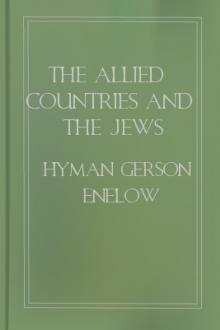
 Free Download
Free Download
